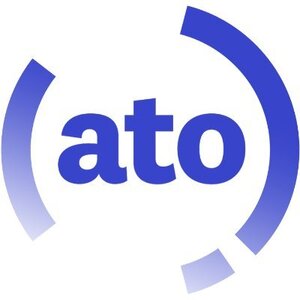Hey mates,
The financial year is coming to an end and it is time to be prepared for claiming the max on your tax refund (and having max savings, that's what ozbargain stands for!). I saw in the news recently that majority of the 50 of the Australia's highest earners were able to bring their income under the taxable limit, although each one earned more than a couple of million dollars a year.
I work in Shipping industry which is quite similar to the mining industry and I get car allowance as part of my salary. The following is what I think I can save during next tax refund claim:
- Consultation fees with tax consultant
- Fees for renewal of my necessary license (and associated flight, accommodation fees as the renewal is in another country)
- Upto $ 150 for uniform washing at home (without any receipts)
I would love to hear how each one of you are going to reduce their tax liabilities to the minimum, perhaps not as low as going under the taxable limit, but sharing is caring!!
Cheers
Ajay

1) you can claim this years expense against next years return
2) maybe
3) yes
there will be heaps more, your accountant will help you